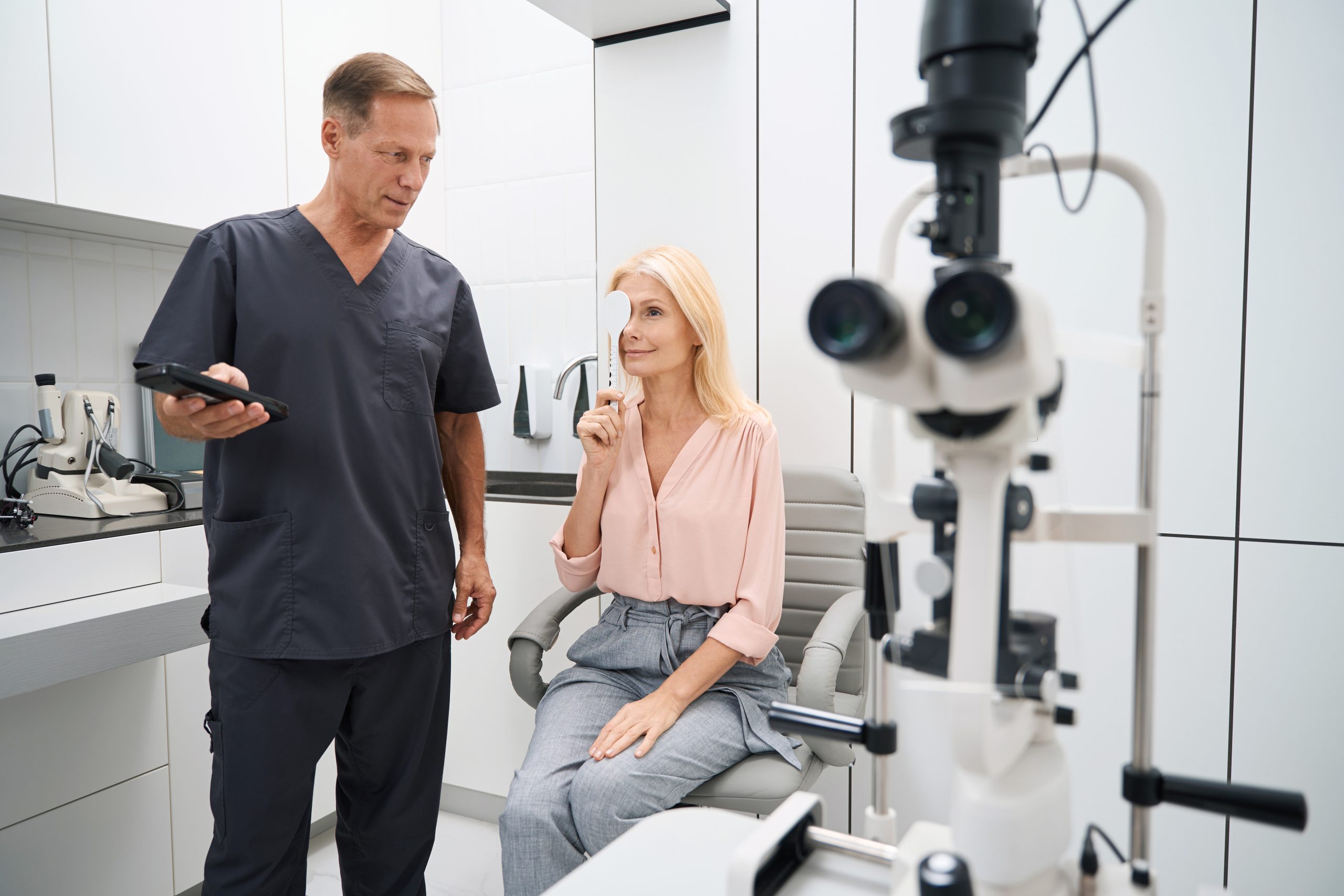Exploring Surgical Options for Treating Diabetic Retinopathy
Introduction
Diabetic retinopathy is a complication of diabetes that affects the eyes, potentially leading to vision loss if not managed effectively. While controlling diabetes through medication, diet, and lifestyle changes is crucial, advanced cases of diabetic retinopathy may necessitate surgical intervention to prevent further damage to the retina and preserve vision.
Understanding Diabetic Retinopathy
Diabetic retinopathy develops due to damage to the blood vessels in the retina, the light-sensitive tissue located at the back of the eye. High blood sugar levels in individuals with diabetes weaken and damage these blood vessels, causing them to leak fluid or bleed. This can lead to swelling of the retina (diabetic macular edema) or the growth of abnormal blood vessels (proliferative diabetic retinopathy), both of which can impair vision.
When Surgical Intervention is Necessary
In the early stages of diabetic retinopathy, management typically involves controlling blood sugar levels, blood pressure, and regular eye exams to monitor the progression of the disease. However, as the condition advances, especially in cases of proliferative diabetic retinopathy (PDR) or diabetic macular edema (DME), surgical intervention may be required to prevent irreversible vision loss.
Surgical Options for Diabetic Retinopathy
- Vitrectomy:
- Vitrectomy is a surgical procedure commonly used to treat advanced diabetic retinopathy, particularly when there is significant vitreous hemorrhage (bleeding into the vitreous gel) or tractional retinal detachment (when scar tissue pulls the retina away from the back of the eye).
- During a vitrectomy, the vitreous gel that fills the center of the eye is removed, along with any scar tissue or blood that may be causing traction on the retina.
- The procedure is typically performed under local or general anesthesia and involves small incisions through which microsurgical instruments are inserted to perform the surgery.
- Following the removal of the vitreous, the eye may be filled with a gas bubble or silicone oil to help support the retina during the healing process.
- Retinal Laser Surgery:
- Laser surgery, also known as photocoagulation, is another common treatment for diabetic retinopathy, particularly for managing proliferative diabetic retinopathy and diabetic macular edema.
- In this procedure, a laser beam is precisely targeted to seal off leaking blood vessels or to shrink abnormal blood vessels that are causing retinal damage.
- Laser surgery helps to reduce the risk of further vision loss and can sometimes improve vision by reducing swelling in the macula (the central part of the retina responsible for detailed central vision).
Considerations and Outcomes
Before undergoing surgical intervention for diabetic retinopathy, patients should have a thorough discussion with their ophthalmologist regarding the potential risks, benefits, and alternatives. While surgical procedures can be effective in preserving vision and preventing further damage, they also carry risks such as infection, retinal detachment, and cataract formation. Patients should also be aware that the outcomes of surgery can vary depending on the severity of the disease and individual factors.
Conclusion
Surgical options play a vital role in the management of advanced diabetic retinopathy, offering hope for preserving vision and improving the quality of life for individuals living with diabetes. By understanding the available surgical interventions and working closely with healthcare professionals, patients can take proactive steps to protect their eyesight and mitigate the impact of diabetic retinopathy. Regular monitoring and adherence to treatment recommendations are essential for optimizing outcomes and maintaining ocular health.
World Eye Care Foundation’s eyecare.live brings you the latest information from various industry sources and experts in eye health and vision care. Please consult with your eye care provider for more general information and specific eye conditions. We do not provide any medical advice, suggestions or recommendations in any health conditions.
Commonly Asked Questions
news via inbox
Subscribe here to get latest updates !







